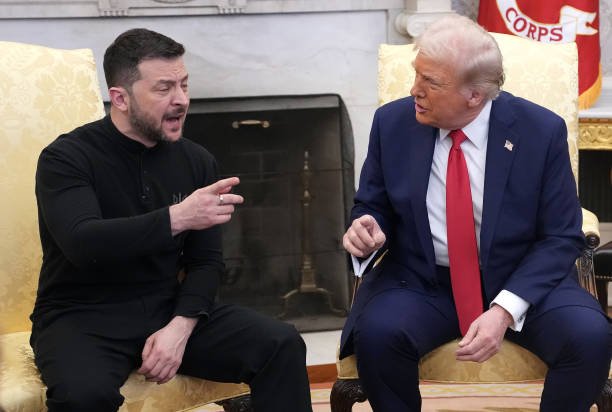Uniting NRNA: A call for dialogue, respect, and true commitment

The challenges facing the Non-Resident Nepali Association (NRNA) today require thoughtful action and a willingness to come together. Resolving these issues demands that we interpret and honor the intent of both Supreme Court rulings while respecting their decisions. The recent initiative by the Ministry of Foreign Affairs presents an important opportunity to address these challenges and guide the NRNA toward unity.
The Ministry’s efforts to engage all concerned parties and encourage dialogue are a positive step. However, we must realize that responding to legal rulings or official letters alone will not solve the problem. True unity requires something deeper: mutual respect, genuine collaboration, and a commitment to open discussions. This is the only way forward.
If we truly care about the NRNA’s future, we must rethink how we approach this situation. Instead of focusing on our differences, we need to focus on what brings us together. Respecting one another, completing the necessary formalities, and sitting down for honest conversations is essential. Unity doesn’t mean agreeing on everything—it means finding common ground and moving forward together. As the saying goes, united we stand, divided we fall. This is not just a cliché but a fundamental truth we must embrace.
The NRNA was not built easily. Our founders and past leaders dedicated their time, energy, and resources to establish this organization. Their sacrifices have brought us to where we are today, and it is our responsibility to honor their legacy. By respecting their contributions and focusing on unity, we can ensure a brighter future for the NRNA and the global Nepali community it represents.
Resolving the ongoing disputes within the NRNA will only be possible through cooperation. Without genuine dialogue and understanding, a unified general convention will remain out of reach. If we hold onto rigid stances and refuse to engage with one another, unity will continue to slip away. The longer we wait, the harder it will be to bridge the divide.
If we genuinely want unity, we need to begin by talking to one another with an open mind and heart. We must set aside personal egos and listen to each other’s perspectives. Through meaningful dialogue, we can find solutions to even the most complex problems. Without such conversations, any attempt at unity will be incomplete.
At the same time, we must recognize and address the pride and stubbornness that often stand in the way of progress. It is human nature to become attached to our own views, but true strength lies in humility and self-reflection. Only by letting go of personal pride can we create the space for honest discussions and genuine collaboration. The NRNA must prioritize unity above all else and work toward the greater good.
This is a crucial moment for the NRNA. We have a choice to make: we can allow divisions to deepen, or we can come together and strengthen the organization for the benefit of everyone. The future of the NRNA depends on the decisions we make now.
The NRNA is more than just an organization; it is a symbol of what we, as Nepalis living around the world, can achieve when we come together. It represents our shared hopes, dreams, and aspirations. Let’s honor the vision of those who built this organization, respect everyone’s contributions, and commit to working together for the greater good.
Let us seize this opportunity to unite, with humility, respect, and a shared purpose. The challenges we face are not insurmountable, but they require all of us to come together with sincerity and determination. Together, we can ensure that the NRNA continues to serve as a strong and united voice for Nepalis around the world for generations to come.
(The writer is the Deputy General Secretary of the Non-Resident Nepali Association (NRNA), International Coordination Council.)



Leave Comment